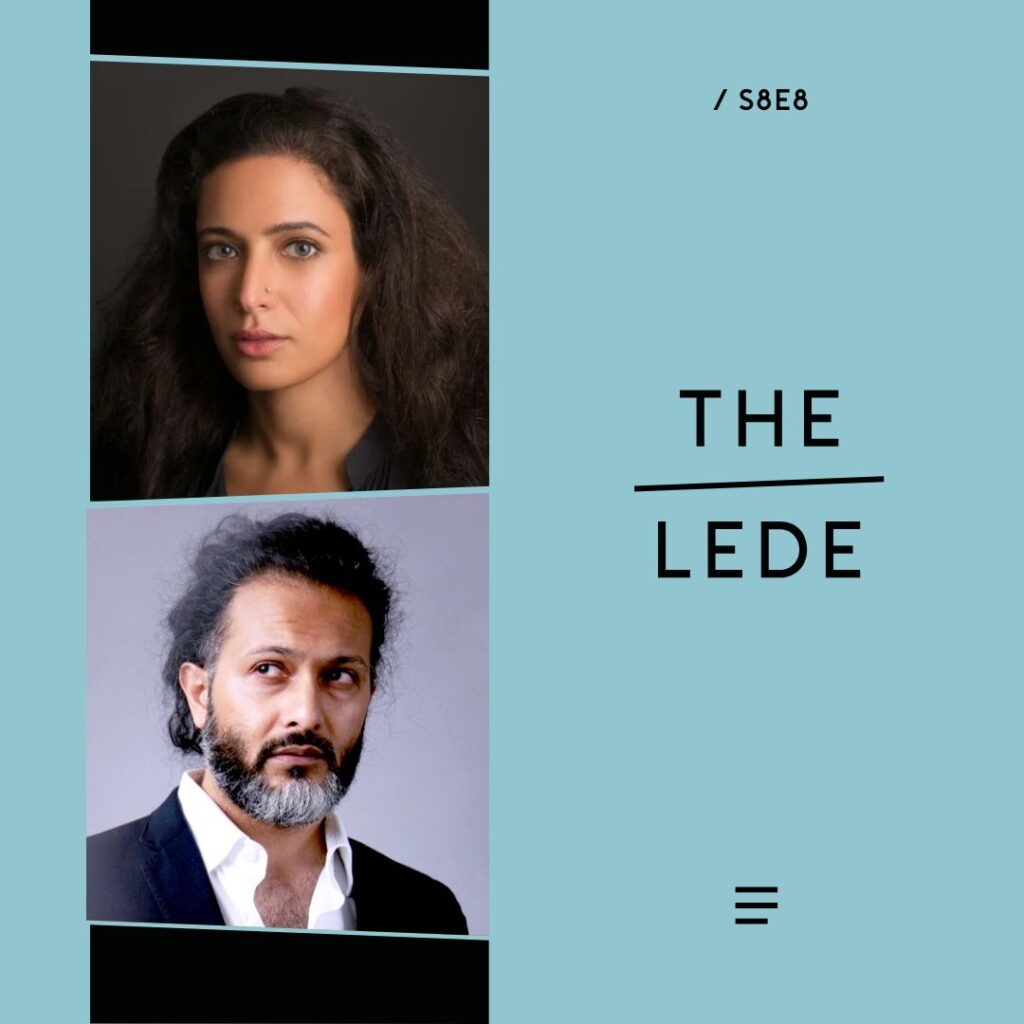Hosted by Faisal Al Yafai
Featuring Hala Alyan
Produced by Finbar Anderson
Listen to and follow The Lede
Apple Podcasts | Spotify | Podbean
Publishing her recent memoir, “I’ll Tell You When I’m Home,” in the midst of Israel’s war on Gaza didn’t sit easily with Hala Alyan, the bestselling author of “Salt Houses” and “The Arsonists’ City.” “In a moment as urgent as this one, it has felt quite shameful to be launching a book. It has felt quite frivolous,” she tells New Lines’ Faisal Al Yafai on The Lede.
The idea of writing a memoir based on small vignettes of her journey to motherhood was completely unplanned, she says. “I didn’t set out to write a memoir. I didn’t even sell a memoir,” she says. Nevertheless, “once I got the frame, a lot of the stuff had been written in different forms, and it was just about gathering it.”
“What does it mean to carry something when others can’t?”

That frame — Alyan’s journey to motherhood — ended up reflecting so much of what had occupied her mind. “One of the things that I had been thinking about extensively for the last couple of years when I was working on this was surrogacy — the concept of surrogacy and how it played out in different places and in different parts of my life,” she says.
That meant, she clarifies, “literal surrogacy, but also what does it mean to be a surrogate for each other emotionally, what does it mean to surrogate somebody through a crisis? What does it mean to carry something when others can’t?”
Given Alyan’s lived experience of exile, that also extended to “sociopolitical surrogacy, so the way that a nation can be a surrogate for another one.”
“One of the endlessly fascinating things about the Arab world,” responds Al Yafai, “is the way that so many people from around the world had to make surrogate homes in the Gulf states, let alone the Western world.”
Alyan’s relationship with Palestine and Gaza, the place of her father’s birth, is complex, she tells Al Yafai. “I feel like such a fake Palestinian,” she says. “So much of the conversation and the discourse around Palestine is the land and all these different archetypes of land and the symbols of land. I’m not somebody that’s ever felt particularly connected to land, and it was really only in the last couple of years that I’ve been like, yeah, that’s by design. That’s part of what it means to be violently dispossessed from a place.”
In her book, Alyan explains, “One of the big things that I’m contending with is, what does it mean to belong somewhere? What does it mean to have a home in a city, a country, in a nation, within a border, in a body? These are all the questions that I’m trying to answer for myself.”


